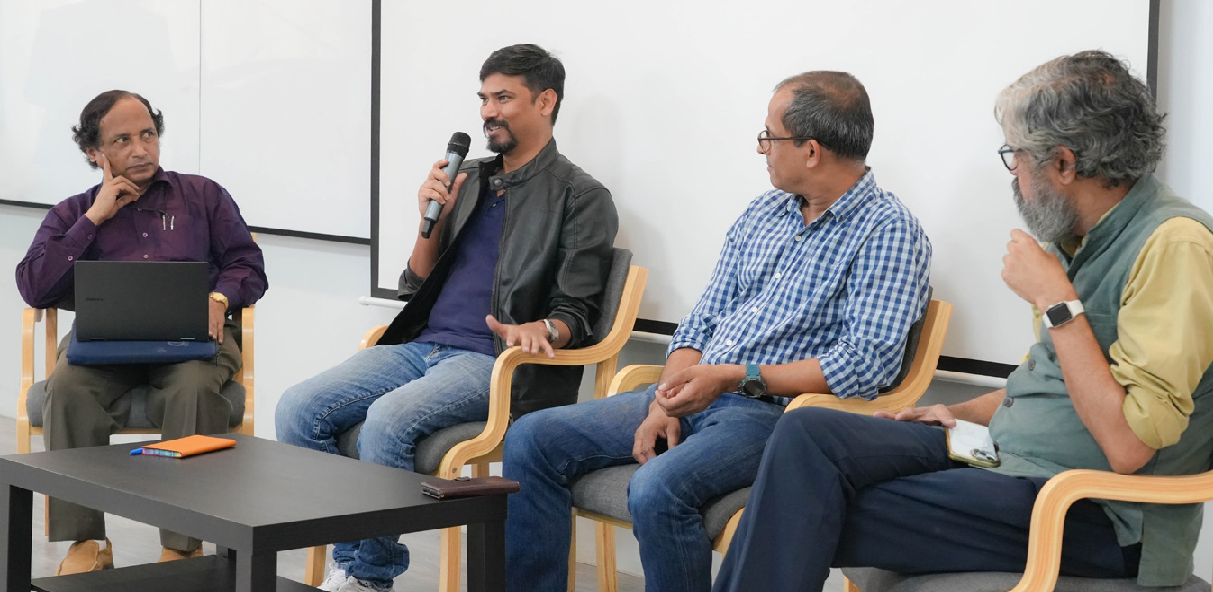
From porous to pavement: Experts highlight depletion of forest cover and water table, bat for climate-resilient governance
NT Bengaluru
Youth are paying the price for a weak public transport system, poor architecture of buildings and unplanned urbanisation in the city. There are only 0.155 trees per person in Bengaluru, which was once replete with trees,” said TV Ramachandra, coordinator of the Energy and Wetlands Research group at the Indian Institute of Science (IISc) here.
He made the remarks at a panel discussion titled 'Climate and Karnataka: Priority Areas for Reporting in the Region' at a climate change reporting workshop conducted by Christ University in partnership with the Consulate of the United States in Kolkata on Thursday. Prof. Ramachandra explained how loss of tree cover and the disappearence of lakes have resulted in the depletion of groundwater resources. “Development has resulted in deforestation, which has resulted in poor water retention capacity. This has resulted in loss of 40 per cent of groundwater sources in the city,” he said. The city in 1973 was concretised only to the extent of eight per cent and according to Prof. Ramachandra, the figure has shot up to 86 per cent in 2023. “The groundwater table has fallen to as low as 600 feet, which was earlier at around 100 feet,” he added.
The recent landslides in areas adjacent to the Western Ghats in both Karnataka and Kerala is due to the negligent response to the Madhav Gadgill and Kasturirangan reports on the Ghats, he said. “The Western Ghats is home to the most varied species. People there have diverse food options, therefore possessing a strong immune system. However, that is also under severe threat. Forests are now fragmented, and the loss of carbon sequestration has resulted in emissions, and the increase in temperatures,” he added. Director of Biome Environmental Solutions and 'Zenrain man' Vishwanath S underscored the importance of seeing climate change issues through the lens of governance.
“It is important to question whether the institutional framework has been created to deal with climate change. In the midst of the city’s water crisis, Bangalore Water Supply and Supply Board (BWSSB) didn’t have a hydrogeologist and a community mobilizer to help supply water to all,” he lamented. He argued how the environment should be viewed as a socio-political element, rather than just an ecological system.
 English daily published in Bengaluru & Doha
English daily published in Bengaluru & Doha






